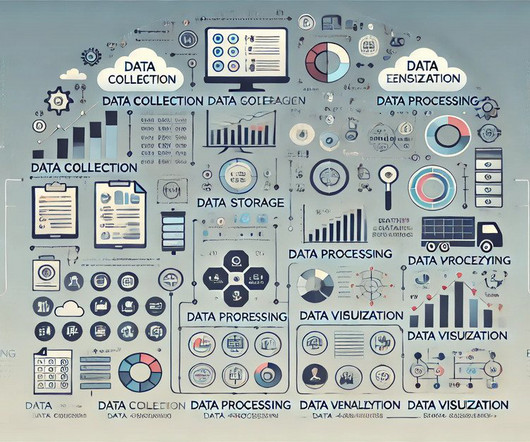Data observability: The missing piece in your data integration puzzle
IBM Journey to AI blog
SEPTEMBER 2, 2024
Historically, data engineers have often prioritized building data pipelines over comprehensive monitoring and alerting. Delivering projects on time and within budget often took precedence over long-term data health. Often, data teams must follow a manual process to help ensure data accuracy.












Let's personalize your content